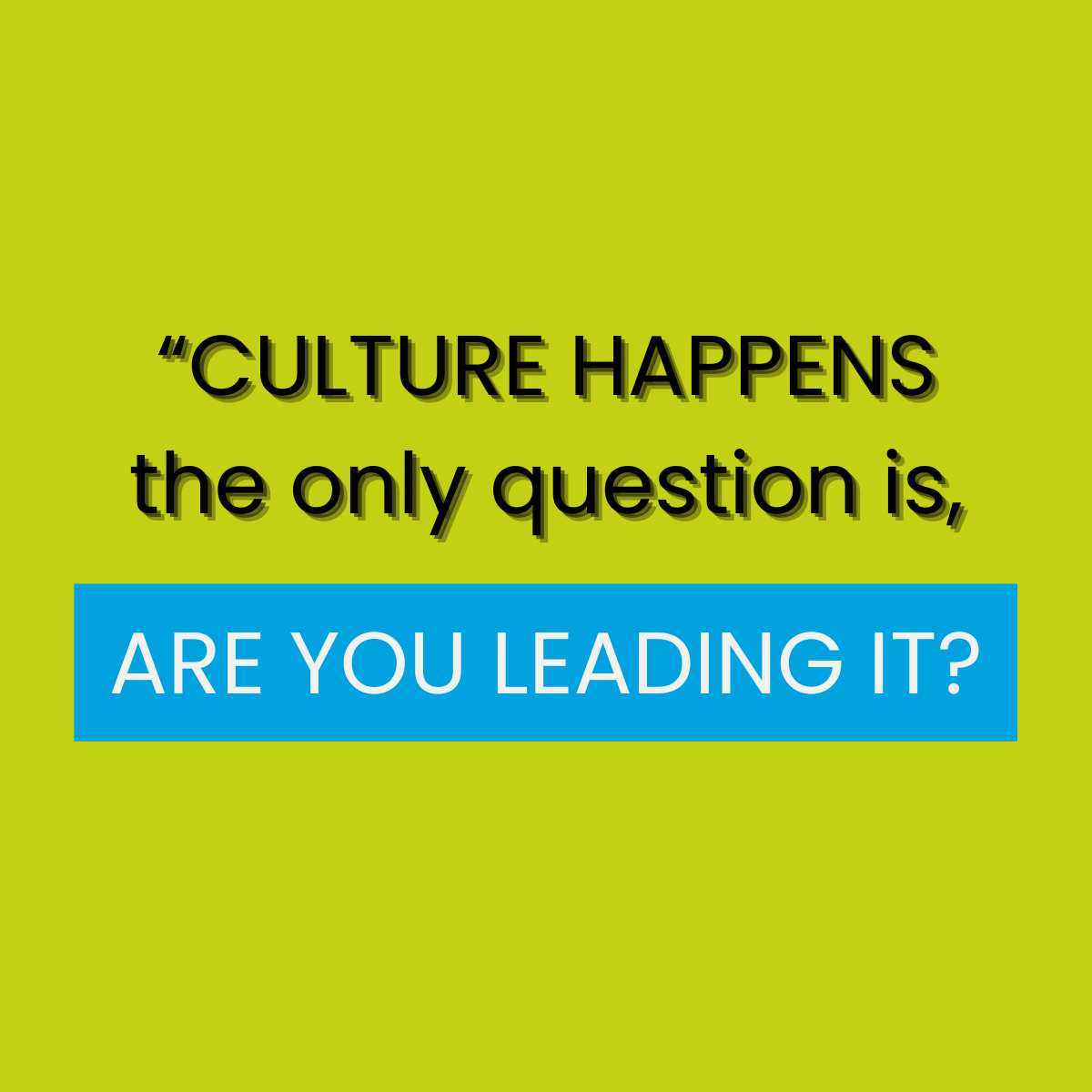Let’s be honest, company culture has become one of those terms people nod along to in meetings without really knowing what it means. It’s been overused, misused, and at times turned into little more than office décor and mission statements.
But here’s the truth: culture is the unseen force that glues your team together or quietly pulls it apart.
Culture: The Most Overlooked Asset in Scaling Businesses
In the early stages, culture tends to emerge naturally. Founders hire people they like, those early hires mimic what they see, and without realising it, a way of working forms.
But then growth hits.
Suddenly, you’re onboarding people fast. You’re promoting individual contributors into leadership roles. The pace is relentless. And if culture hasn’t been clearly defined and embedded, chaos creeps in.
And it’s expensive.
Not just in recruitment costs or lost productivity, but in:
- Frustrated teams
- Unclear expectations
- Managers out of their depth
- And, most dangerously, a diluted identity
We’ve seen it happen time and time again.
Christopher’s Cautionary Tale
Christopher scaled his business to 120 people in just a few years. On paper, it was a success story. But internally, things were unravelling.
He described the business as a “revolving door.” New hires left just as quickly as they arrived. Engagement was low. Managers were promoted based on technical excellence, not people leadership. There were no shared values anchoring the team. Culture had become accidental—and costly.
The issue wasn’t recruitment. It was culture.
Why Culture Really Matters in a Scale-Up
When you’re scaling, you’re not just adding people, you’re multiplying complexity. Culture is what helps you scale without losing your soul.
Here’s what strong culture gets you:
- Retention: People don’t just stay for salary, they stay when they feel they belong.
- Engagement: Aligned teams move faster, solve problems better, and genuinely care.
- Performance: Culture creates clarity. Clarity drives results.
- Innovation: When people feel psychologically safe, they take smart risks and share bold ideas.
And this isn’t just theory. It’s backed by research and echoed by leaders at the top.
“If I were to start again, I would embed culture into our hiring much sooner.”
— Evan Spiegel, CEO of Snapchat, in conversation with Steven Bartlett
It’s a lesson many only learn in hindsight.
A Quick Culture Check for Founders
Want to get a handle on your culture fast? Try this 30-minute exercise:
- Ask your team: “What three words describe us at our best?”
- Gather responses anonymously, especially from recent hires.
- Spot the alignment and the gaps.
- Turn words into behaviours. What does “collaborative” look like?
- Choose 3-5 values or behaviours to double down on.
- Embed them in hiring, onboarding, recognition, and feedback.
- Check in quarterly: Is this being lived? What’s getting in the way?
Final Thought
You already have a culture. The question is: is it helping or hurting you?
If you’re growing fast, the need to get intentional about culture isn’t a “nice-to-have.” It’s a make-or-break. Don’t leave it to chance and don’t wait until the revolving door starts spinning.
